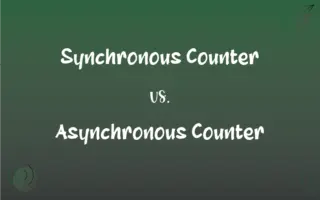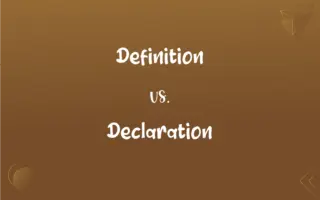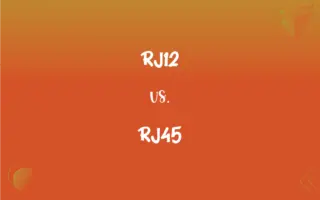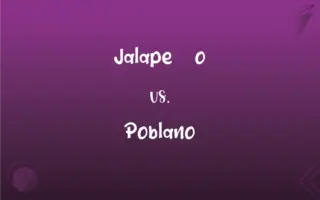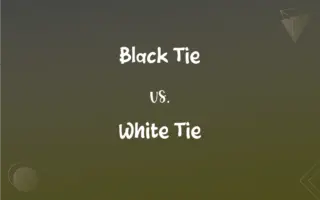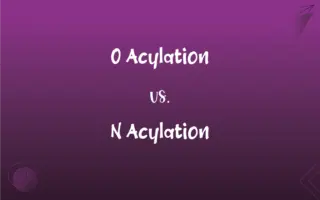Colloquialism vs. Vernacular: What's the Difference?
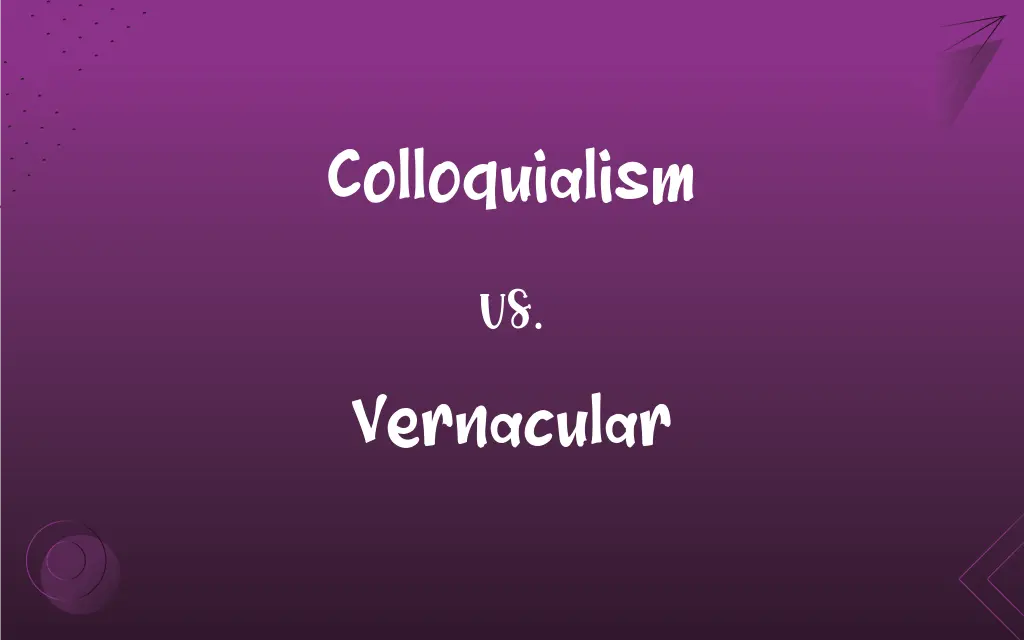
Colloquialism and Vernacular Definitions
Colloquialism
Colloquial style or quality.
Vernacular
The everyday language spoken by a people as distinguished from the literary language.
Colloquialism
A colloquial expression.
Vernacular
A variety of such everyday language specific to a social group or region
The vernaculars of New York City.
Colloquialism
A colloquial word or phrase; a common spoken expression.
ADVERTISEMENT
Vernacular
The specialized vocabulary of a particular trade, profession, or group
In the legal vernacular.
Colloquialism
Colloquial style of speaking.
Vernacular
The common, nonscientific name of a plant or animal.
Colloquialism
A colloquial expression, not employed in formal discourse or writing.
Vernacular
Native to or commonly spoken by the members of a particular country or region.
ADVERTISEMENT
Colloquialism
A colloquial expression; characteristic of spoken or written communication that seeks to imitate informal speech
Vernacular
Using the native language of a region, especially as distinct from the literary language
A vernacular poet.
Vernacular
Relating to or expressed in the native language or dialect.
Vernacular
Of or being an indigenous building style using local materials and traditional methods of construction and ornament, especially as distinguished from academic or historical architectural styles.
Vernacular
Occurring or existing in a particular locality; endemic
A vernacular disease.
Vernacular
Relating to or designating the common, nonscientific name of a biological species.
Vernacular
The language of a people or a national language.
A vernacular of the United States is English.
Vernacular
Everyday speech or dialect, including colloquialisms, as opposed to standard, literary, liturgical, or scientific idiom.
Street vernacular can be quite different from what is heard elsewhere.
Vernacular
Language unique to a particular group of people.
For those of a certain age, hiphop vernacular might just as well be a foreign language.
Vernacular
A language lacking standardization or a written form.
Vernacular
Indigenous spoken language, as distinct from a literary or liturgical language such as Ecclesiastical Latin.
Vatican II allowed the celebration of the mass in the vernacular.
Vernacular
(architecture) A style of architecture involving local building materials and styles, not imported.
Vernacular
Of or pertaining to everyday language, as opposed to standard, literary, liturgical, or scientific idiom.
Vernacular
Belonging to the country of one's birth; one's own by birth or nature.
A vernacular disease
Vernacular
(architecture) Of or related to local building materials and styles; not imported.
Vernacular
(art) Connected to a collective memory; not imported.
Vernacular
Belonging to the country of one's birth; one's own by birth or nature; native; indigenous; - now used chiefly of language; as, English is our vernacular language.
His skill in the vernacular dialect of the Celtic tongue.
Which in our vernacular idiom may be thus interpreted.
Vernacular
The vernacular language; one's mother tongue; often, the common forms of expression in a particular locality, opposed to literary or learned forms.
Vernacular
A characteristic language of a particular group (as among thieves);
They don't speak our lingo
Vernacular
The everyday speech of the people (as distinguished from literary language)
Vernacular
Being or characteristic of or appropriate to everyday language;
Common parlance
A vernacular term
Vernacular speakers
The vulgar tongue of the masses
The technical and vulgar names for an animal species
















































